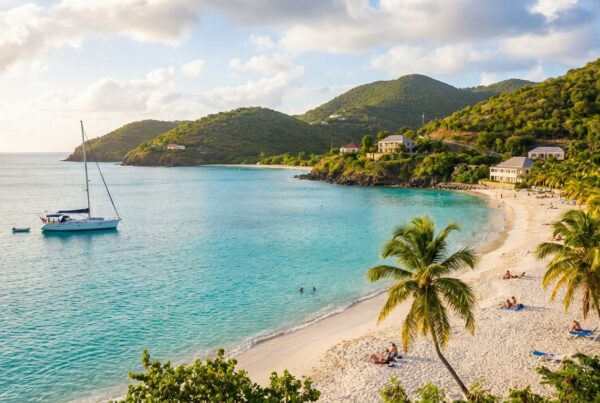From July 1, New Zealand will introduce a new tax for tourists visiting the country. This will be used to finance environmental protection and tourism-related infrastructure. In addition, the government is introducing a single document for visa-exempt visitors.
Why this tax?
New Zealand's remoteness, diversity of landscapes and favorable climate make it an increasingly popular destination for tourists. However, tourists will soon have to contribute and return to the protection of nature and the development of infrastructure dedicated to tourism. Under discussion with the government since June 2018, the special tax for foreign tourists will be effective from July 1. This tax, known as the international tax for conservation and tourism "(IVL), will amount to 20 euros per person. This could generate a profit of 46 million euros over one year. Over five years, the government is talking about a sum of over 263 million euros for " radically change the face of tourism in New Zealand" .
Tourism is a key component of the country's economy. And for a good reason: the Pacific region is prized for its natural spaces and varied landscapes. But it's precisely to protect them that the ministers of tourism, conservation (along with France's heritage minister) and finance have introduced this tax. According to the government's website, it is being introduced to " enable international visitors to contribute directly to the infrastructure they spend and protect the natural environment they love" . In concrete terms, it will finance the development of tourism infrastructures and environmental protection.
The new electronic visa
From October 1, visitors to the site will be able to pay the VILT tax as well as fill in a " Electronic Travel Authorization "(ETA), set up by New Zealand Immigration. It concerns all visa-exempt persons, such as citizens of 60 countries, including France, for stays of less than three months, including cruise ship stopovers. This procedure will be compulsory from October 1, and will be available in July for those embarking by air or sea to reach the country. With a maximum validity of two years, like the IVL, the ETA can be applied for on the New Zealand immigration website, or via its application. What's more, this current e-visa comes at a cost: 5.27 euros for those who applied via the mobile app, and 7 euros for those who used the website form. All in all, it will cost an extra 30 euros for tourists visiting New Zealand.




